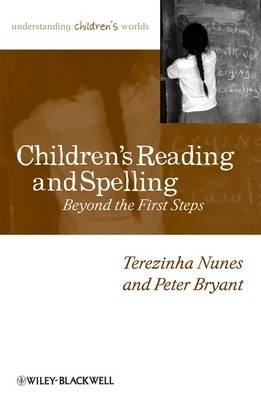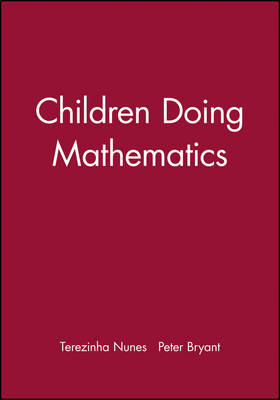Understanding Children's Worlds
1 primary work • 2 total works
Book 17
This book extends models of early literacy, analyzing how children’s reading and spelling skills develop throughout their school career.
- An account of how a child’s reading and spelling develop which goes beyond the early years
- Shows that there are radical changes in the way children read and spell as they get older
- Describes a new theory about the learning that goes on in the later stages of reading and spelling
- Makes clear the educational implications of this theory
- The authors' research has previously contributed to the 'literacy hour' – a government initiative to improve the teaching of literacy skills in UK schools
The central theme of Children Doing Mathematics is that there are crucial conditions for children's mathematical learning. Firstly, children have to come to grips with conventional mathematical systems. Secondly, but equally important, they have to be able to present mathematical knowledge in a way that solves problems. The book also discusses how mathematical activities and knowledge involve much more than what is currently viewed as mathematics in the school curriculum. Most recent work illustrates how children can be successful in mathematical activities outside school whereas they fail in similar activities in the classroom. Through these two underlying themes the authors bring together discussions on conventional mathematical learning and on real life mathematical success. In so doing, they also highlight new and better ways of analysing children's abilities and of advancing their learning in school.

